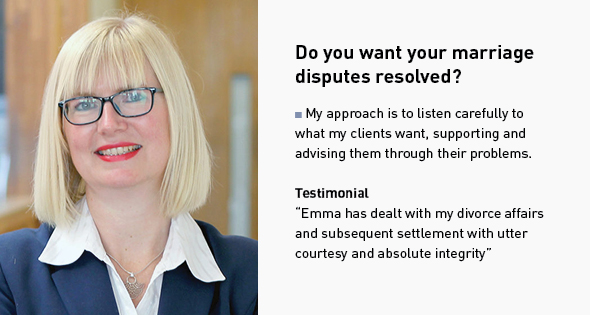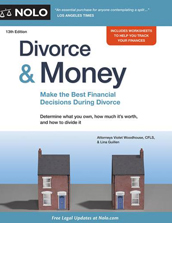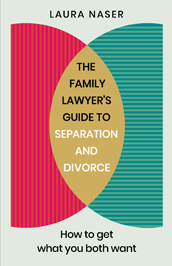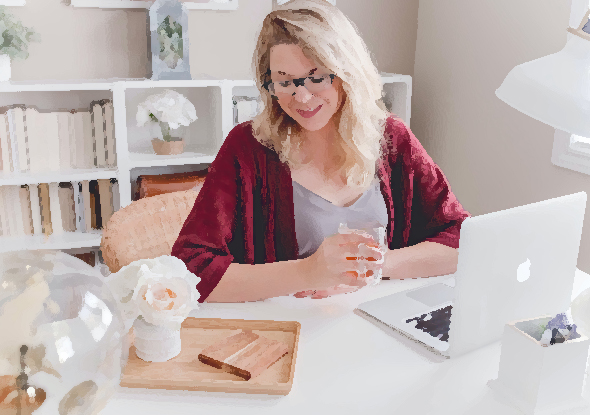Sell the House, Split the Money. It’s That Easy – Right?

- This blog contains affiliate links, which we may receive a commission for purchases. The decision is yours, whether or not you decide to buy.
The family home is usually a couples’ most valuable asset and therefore upon divorce/dissolution/separation, often individuals are uncertain as to what will happen.
Who will live there?
This depends on the circumstances and the agreement reached between the parties, however the key issue is the children and ensuring that they are adequately housed. In terms of whether both parties can continue to reside at the property until, for instance, the property is sold, this really depends on the wishes of the parties and the agreement between them.
Ultimately it is a matter of personal opinion as to whether the parties feel that they can live together amicably on a temporary basis until the property is sold. Due to high rental costs, this may be the only option for some.
What is the value of the Property?
In determining the value of the family home, the parties will need to obtain a property valuation from an independent estate agent which will give some idea as to the property’s market value. It is usually recommended that three valuations are obtained so that an average value can be calculated. Once a value has been established, any outstanding mortgage will need to be deducted.
Therefore it is essential to contact the mortgage company and obtain a recent mortgage redemption figure to include any early redemption fees. The valuation less the outstanding mortgage provides the available equity in the property. Note that if the property is going to be sold, conveyancing fees and estate agents fees will also be relevant (roughly calculated at 3% of the market value of the property).
What will happen to the Property?
The options are: Sale of the property
One
The property could be sold and the proceeds divided; Transfer of property
Two
One spouse could keep the house and buy out the other party. However, generally this would mean that the party retaining the home would have to take out an even bigger mortgage in order to raise the capital to buy out the other person. Therefore sometimes there might be other assets in addition to the home to enable the non remaining party to receive other assets to even up the distribution. For example this could apply to a pension pot or other savings or assets. Mesher Order
Three
If the above two options are unworkable, and if there are children, one of the parties might have no choice other than to stay at the family home until the children are older. This is in light of high rental costs and therefore often it is cheaper to stay at the home and continue to pay low monthly mortgage repayments if they are affordable. If this is the case, the other spouse may agree to defer receiving the balance until a later date. Often it is agreed that the property will be sold when the youngest child attains the age of 18. This is commonly knows as a “Mesher Order” and there are other trigger factors which set out when the house should be sold.
Ordinarily, this is upon the youngest child attaining the age of 18 or the spouse in occupation moving in a partner or upon the spouse in occupation having the means to buy out the non-remaining spouse’s interest. There are downsides to this type of arrangement as the non-occupying spouse may have difficulties in obtaining a mortgage in his or her own right and may have to rent for the foreseeable future.
In order to get around this, another option would be what is known as a “Deferred Charge Mesher” where the property and the mortgage are transferred into the name of the occupying spouse, with the non-occupying spouse retaining a percentage interest.
Mortgages
Mortgages can complicate issues. A common problem that is often seen is where although the parties might reach an agreement, and the occupying spouse feels they can afford the mortgage repayments, the mortgage company will not agree to release the higher earner from the mortgage. Therefore we always advise clients to seek advice from an independent mortgage advisor before putting forward any suggestions to ensure it is workable. This could save a lot of time and effort.
Top Tips When You Want To Sell The House Due To Divorce
One
Obtain three market appraisals from independent estate agents and take the average value as being the actual market value of the property.
Two
Obtain a recent mortgage redemption figure from the mortgage company, to include any early repayment penalties.
Three
If you are the party who wishes to retain the property, contact an independent financial advisor early on to find out your mortgage-raising capacity.
Four
Have any agreement embodied into a Consent Order. Failure to have any agreement embodied into an Order will mean that the agreement is not legally binding, even if you have obtained a Decree Absolute.
Five
Seek legal advice.
Whilst this may seem unnecessary, it is important to ensure that you know your rights and have not overlooked anything. Many solicitors offer free appointments. If there are none in your area then consider the Citizens Advice Bureau or a local Law Centre. Whilst this article deals with the family home alone, note that during divorce/dissolution other assets will also need to be considered in addition to the home.
There is no actual formula in the UK which says how the total assets should be split other than a very broad starting point of 50/50. Other factors have to be taken into account, particularly in relation to the children’s housing needs and fairness.
Written by Emma Alfieri, Associate & specialist family practitioner, Steeles Law Solicitors ealfieri@steeleslaw.co.uk
PHOTO CREDIT: FREEIMAGESLIVE
You may also like
Books
Buy now from Amazon
- Divorce & Money: Make the Best Financial Decisions During Divorce
- The Family Lawyer’s Guide to Separation and Divorce: How to Get What You Both Want
- Parenting Apart
Podcast
Kate Daly is co-founder of amicable and host of the The Divorce Podcast. Kate created The Divorce Podcast to discuss and demystify divorce, separation and co-parenting in the UK. In each episode, Kate is joined by experts in their field to explore divorce and separation from every angle.
Articles
- Finances On Divorce – What Is A Mesher Order?
- How Are Finances Divided On Divorce?
- 10 Divorce Survival Strategies For Women
Videos
Practical advice and tips from professionals on what to do with issues and challenges around divorce from parenting to finance.
Events
Practical tips & advice designed to help people going through divorce, whether online or in person.
Useful links
Here's a selection of organistaioins from parenting to finance to help you with your divorce.




.jpg)



.jpg)






